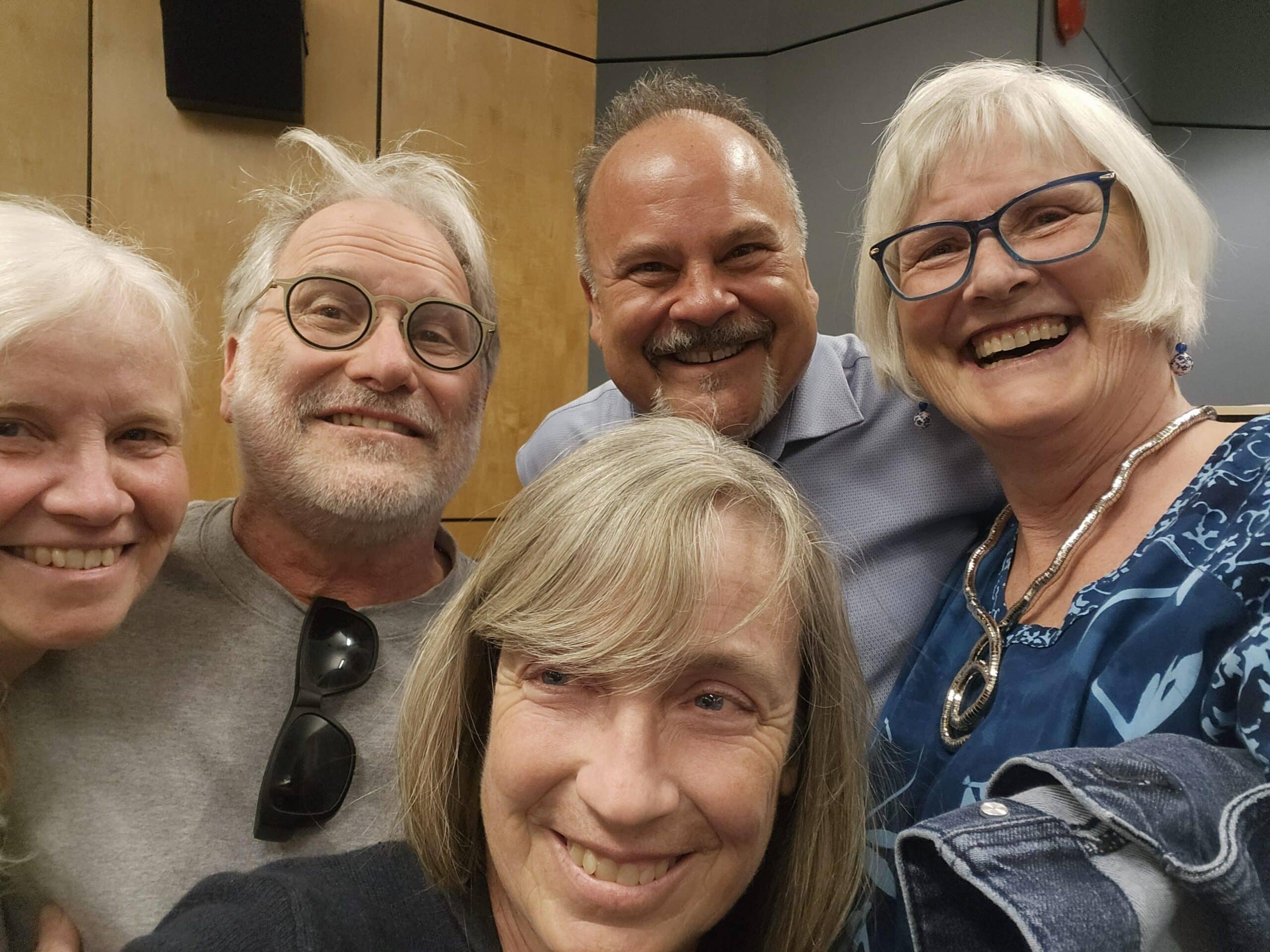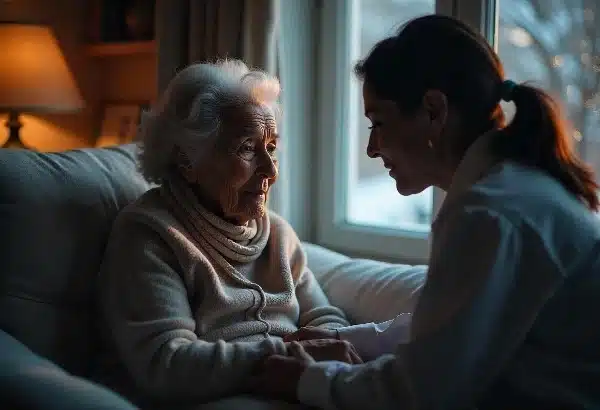One of the highlights of the ADEC conference was a half day session with Ken Doka on Disenfranchised Grief.
Ken started the session by trying to set us all at ease, encouraged us not to worry about what we have said or done in the past and mentioned an interesting article, “On doing everything right, a case study in failure” that sounds interesting.
It was interesting to hear his “ah ha” moment which gave seed to the development of this theory of “Disenfranchised Grief”. Ken coined the term to describe the grief that occurs when the loss is not socially sanctioned, openly acknowledged or publicly mourned for the following reasons:
- The relationship is not recognized,
- The loss is not acknowledged, or
- The griever is not recognized.
Ken highlighted ways the theory has been applied and how it has grown in the years since he first wrote about it.
He also wove the idea of grieving styles, Instrumental vs Intuitive, into the discussion. He suggested that disenfranchised styles include:
- Males who are intuitive grievers (a mans’ tears may be perceived as weak)
- Females who are instrumental grievers (a woman may be perceived as being unfeeling)
- People who are instrumental grievers early in the loss (we may expect people to express feelings rather then focus energy on the work/tasks that need to be accomplished)
- People who are intuitive grievers later in the loss experience (we become impatient with people who continue to express grief over time)
- Counsellor disenfranchisement of instrumental grievers who do not want to talk feelings (this hopefully has/is changing with the concept of instrumental vs intuitive grieving styles)
Ken introduced me to “empty arm syndrome” associated with perinatal loss. Following the death of a baby, mothers have sometimes developed pain in the heart, breasts, lower abdomen and upper arms. The location of the pains symbolizing the connection of mother and babe.
Ken also discussed his adaptation to Bill Worden’s Tasks of Grief:
- Acknowledge the loss
- Express manifest and latent emotions (express those emotions that are both obvious and those that are present but not easily visible or actualized)
- Adjust to a changed life
- Relocate the loss
- Reconstitute faith and philosophic systems challenged by the loss.
Ken identified interventions for each of the “tasks” and provided some stories to anchor the learning.
After years of hearing about Ken from our mutual colleagues, Terry Martin and Dana Cable, reading his books, seeing his name in much of the current grief literature, and having him interviewed for the Life and Death Matters Podcast Library, it was a great pleasure to hear/see him present.
Kath










2 Responses
The year 2005 my wife was diagnosed with a severe blood cancer just after the delivery of our last born son, she was so traumatized that she could not help thinking about her condition over and over again but all that could not help relieve the though of death, until two months later when I received a call from the hospital that she had passed on. I did not know where to start because she had just left a two month old baby and two other children then aged four and six.
Grieving was difficult for me and the children even though I thought they did not understand what had just happened. Many years later I was very much surprised that my second born son who was then four years knew exactly what had happened though I had not explained to him the events that led to the mother passing on, he could ask me questions like where did mommy go? And that I miss her so much.
Daily this went on with questions after question and with no answers because I was very much afraid to bring back the memories of the mom and thus making it hard for him to move on.
What I did not know was that my son was grieving and he was not finding any support from me because of the fear of talking about death with a child. Thanks to the training on walking and talking with kids about death and dying with wendy and kath, that I have got the courage and the much needed tools to talk openly with my son about death of her mother and support him all the way. Indeed he was very much grateful that we discussed about mom’s death and every time he thinks of some old memory we find time to sit and talk. Thanks kath and wendy
Hi Makonen,
It was great to have you in the online course about kids, and to have your input from Kenya, as a father, and as a community builder in your town.
Thanks for sharing this story with us.
I am glad that you were able to use what you learned in the online program.
It is very interesting that your concerns were very similar to individuals across the globe who participated.
All the very best to you!
Kath